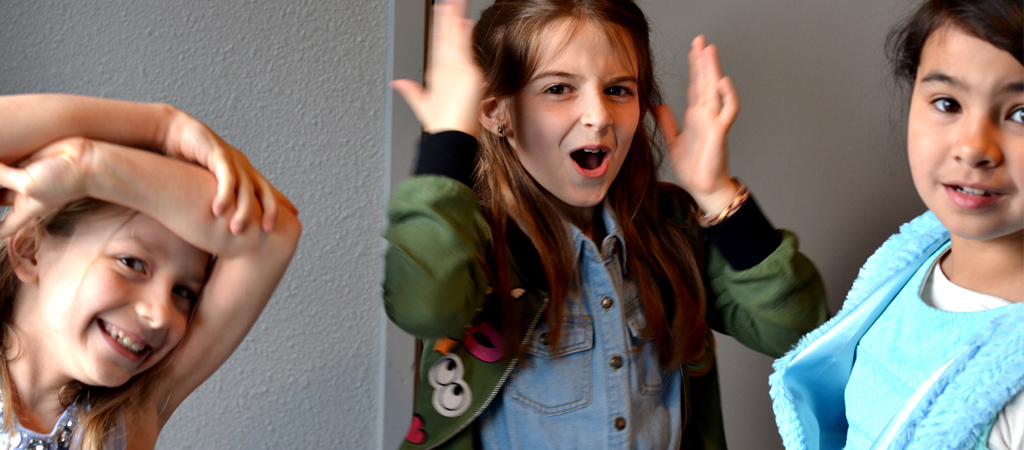Lent Day 38… To See Them Like Children
Normally I have been posting each morning for this Lent series – but it is Spring Break and we are in Portland. Anyway, the internet was down at the Airbnb place we rented, so it’s only now that I’ve been able to get online.
Today is Maundy Thursday. If you look that up on Wikipedia, it’ll say something like:
Scholars agree that the English word maundy (referring to Maundy Thursday) is derived from the Latin mandatum (also the origin of the English word mandate).
It is the first word of the phrase “Mandatum novum do vobis ut diligatis invicem sicut dilexi vos” (A new commandment I give unto you: That you love one another, as I have loved you, so you also must love one another.) This statement by Jesus (John 13:34) comes as he explained to the Apostles the significance of his washing their feet.
So today is about this mandate. This new command to love one another—as Jesus has loved us.
About two months ago, just before Valentine’s Day, I was giving a short leadership lesson on the theme of love. I acknowledged that Valentine’s Day was coming up… which meant that many of us would be thinking about romance and chocolate and flowers and stuff. This was my segue into sharing this next segment from an interview on NPR with author Alain de Botton…
I think that one of the most—one of the kindest things that we can do with our lover is to see them as children. Not to treat them like infants, but when we’re dealing with children as parents, as adults, we’re incredibly generous in the way we interpret their behavior.
And if a child says, “I hate you,” you immediately go, OK, that’s not quite true. Probably they’re tired, they’re hungry, something’s gone wrong, their tooth hurts, something.
We’re looking around for a benevolent interpretation that can just shave off some of the more depressing, dispiriting aspects of their behavior.
And we do this naturally with children, and yet we do it so seldom with adults.
When an adult says to us, “I’ve had a bad day. Leave me alone,” we could think to ourselves, “OK. I’m just going to go behind the facade of this slightly depressing comment… and understand that that’s actually not about me; that’s actually about what’s going on inside them today.”
But we normally don’t do that. We take it all completely personally.
And so I think the work of love is to try to go behind the front of this rather depressing challenging behavior and try and ask where it might’ve come from.
Love is doing that work to ask oneself, “Where has this rather aggressive, pained, noncommunicative, unpleasant behavior come from?”
If we can do that, we’re on the road to knowing a little bit about what love really is.
Alain de Botton is suggesting that we try to see our lovers like children (I am well aware this sentence will generate some giggles or noses turned up in disgust… but you do understand what is being said here). I think his suggestion is profound, and I think it is of great value—not only for lovers—but for how we deal with adults in general: to see them like children.
To do the work of love. To go beyond the depressing challenging behavior and try to ask where it might’ve come from. To wonder if perhaps they are not tired or hungry or hurting. This is the work of love.
And this mandate, or new command, to love one one another reminds me of something else I heard recently…
Be quick to wonder, slow to judge, and keen to discover.
(this was from international studies scholar David Fenner, sharing the quote of a Bedouin herdsman)



The best post of the series – for me. Thank you for writing a path through Lent.
Thank you Louise! Appreciate your comments always.